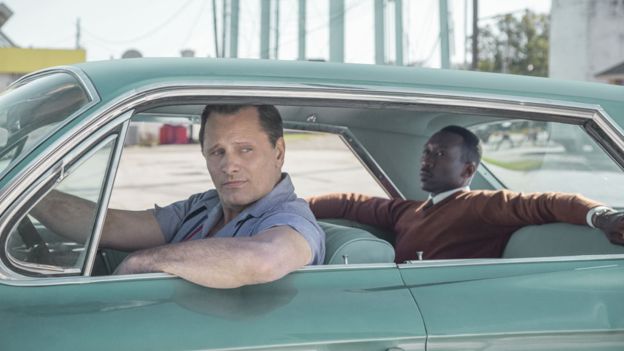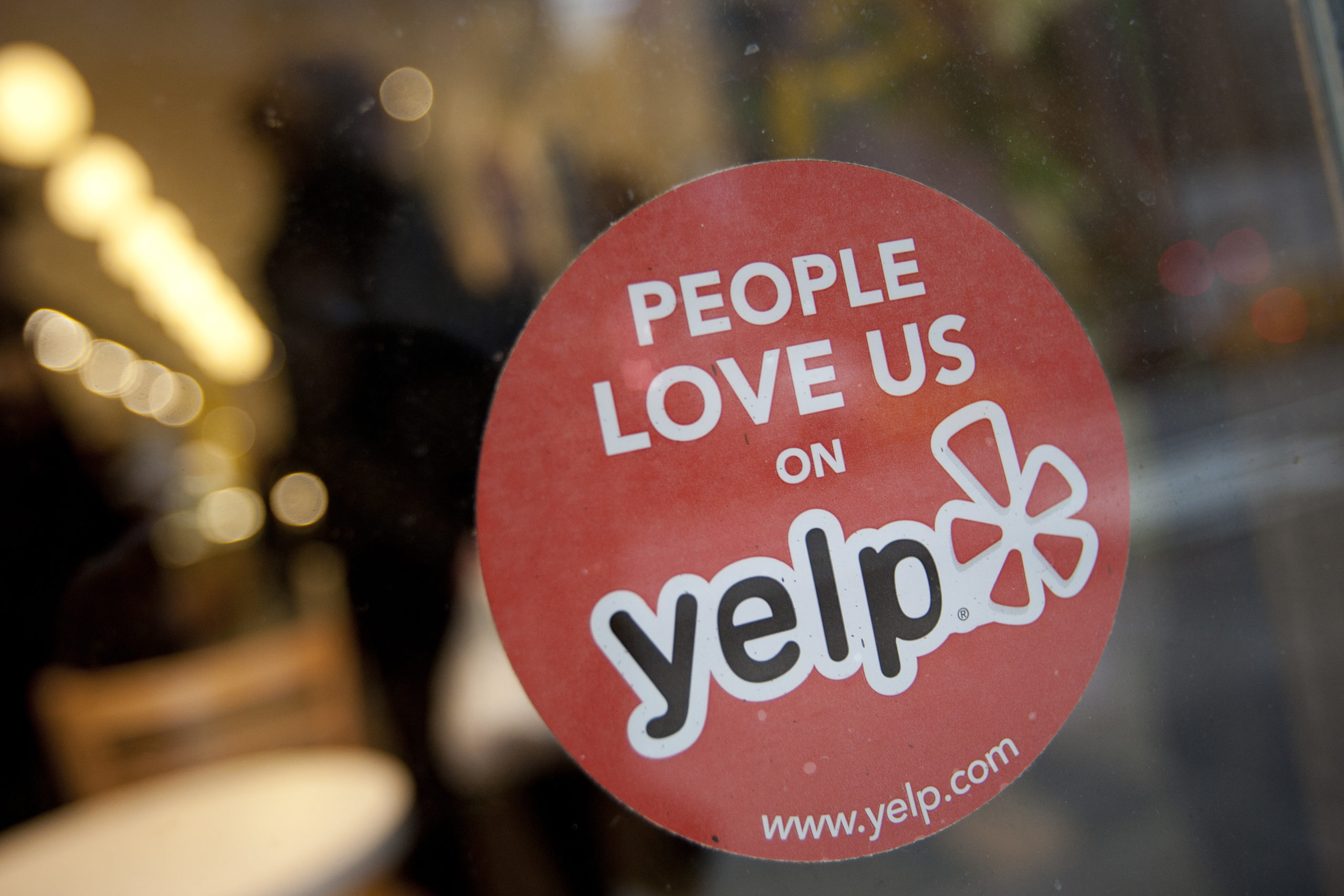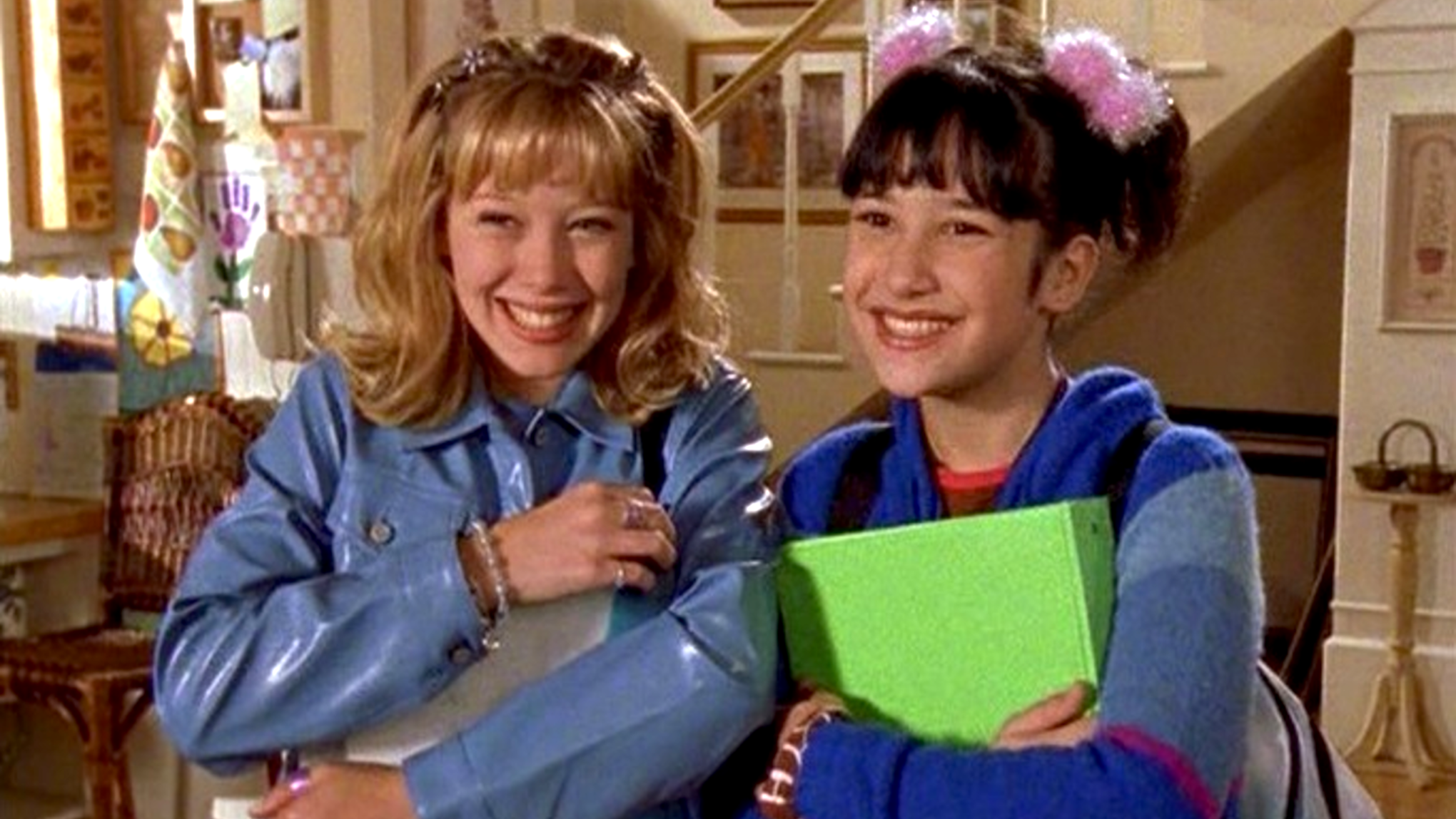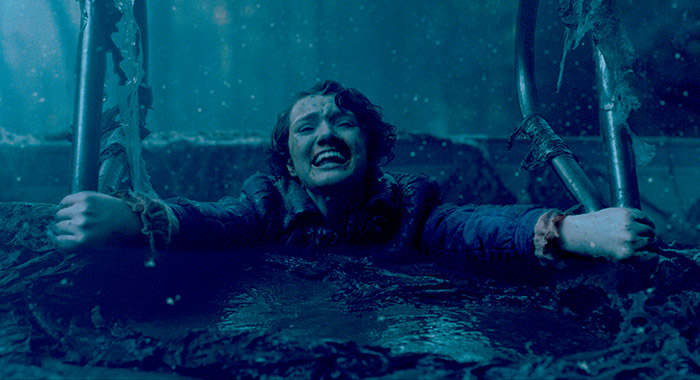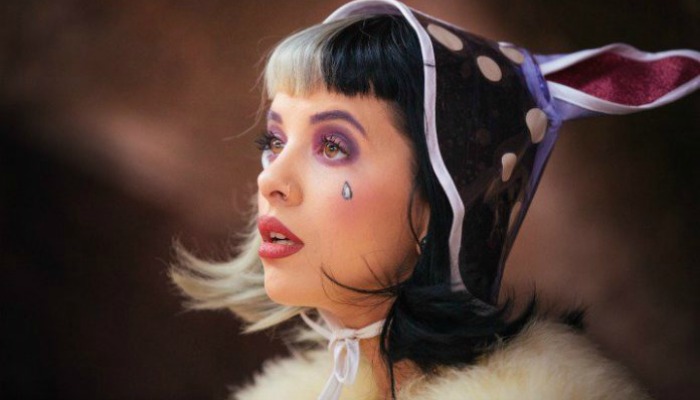
There was a time on Twitter when everyone praised a painting. The painting went from beautiful to disturbing when people found out the painting was done by Nazi leader, Adolf Hitler. Art is art, isn’t it? Or should it be? Despite the history of who created it? The same could be said when people start questioning who made the music, the movies, or other forms of art held at such a high regard.
We live in the age of trolling. The advancement of social media and anonymously posting have aided in the activity to putting others down. However, when it comes to the culture of how we deal with finding out our favorite artist has extreme views about the state of the nation or even got caught in the latest sex scandal; there is a split between absolute loyalty to the artist or absolute renunciation of this artist’s existence. Look what happened with music artists R. Kelly and Melanie Martinez:
The case with R. Kelly
Most people know R Kelly as an American R&B singer, songwriter and producer who wrote their favorite hits “The World’s Greatest” or “Ignition(remix)”. Others may also know him for his history of sexual misconduct. His first legal problems began when a video of a man believed to be Kelly was seen urinating on a 13-year-old girl. He was acquitted in 2008, but he has had many other run-ins with the law.
With the recent release of the six-part docuseries “Surviving R. Kelly” which aired on Lifetime, it’s clear Kelly has escaped punitive punishments time and time again. Movements have revamped gathering support using #MuteRKelly. However, Kelly is still able to perform high-demand shows in places like Germany.
The case with Melanie Martinez
American singer and songwriter Melanie Martinez rose to fame in 2012 from the talent show “The Voice.” She was signed with Atlantic Records and released her first debut single and album in 2014 “Dollhouse” followed by another album in 2015 “Crybaby.” Melanie’s unique music style often displayed grotesque visual images along with powerful messages in her music videos.
In the process of creating a visual album in 2017, Martinez was called out in an allegation of rape. Some stood up and stood by the singer, but others prevailed to the scandal and unstanned completely from the artist. Following the back and forth media storm, Martinez continued to pursue her projects soon to be released by the end of summer 2019.
https://www.instagram.com/p/Bcgk1TgAFRE/
According to Vox, there are 263 celebrities, politicians, CEOs and others who have been accused of sexual misconduct since April 2017 (last updated Jan. 9, 2019). This number has steadily risen following the popularizing phrase used by actress Alyssa Milano #MeToo in 2017, originating in 2006 by American social activist Tarana Burke.
So why are fans so attached to these artists? It’s more than likely they are able to separate the work of art from the creator. Art is, or originally was supposed to be shared by everyone. In today’s world, art has become commodified, rationalized into money and fame. It’s become intertwined with the identity of the artist.
So, it’s possible people who turn the artist away completely do so because they do not want to support the work of a social ‘deviant,’ they cannot separate the art from the artist and are affected by the actions the artist is involved in. There are also people who are able to still consume the work, but strongly dislike the artist because it’s politically correct.
So, should we separate the art from the artist? In comparison to politics, we are somehow supposed to be able to separate scandals from politicians or political public figures. Sometimes, these political figures gain more popularity and support for their involvement, but when it comes to artists, their misconducts are held to another standard. It comes to show who we are taught to respect and who we can disregard when things go wrong.

